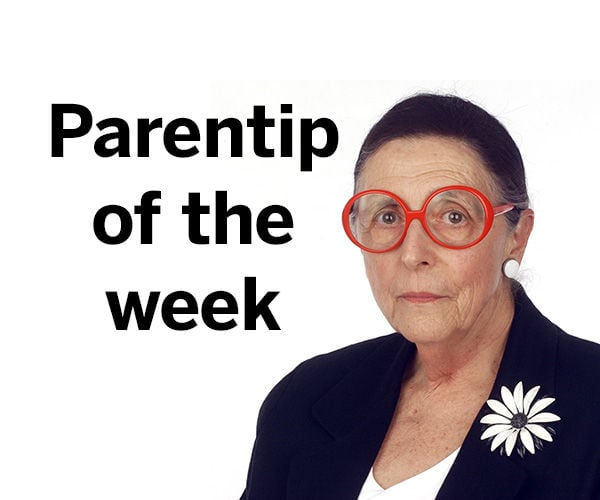“We just returned from a visit to our adorable granddaughter. We celebrated her first birthday and hated to get on the plane to come home. Our question is about how much a baby should be held. Either our daughter-in-law or son held her all the time or were on the floor with her handing her toys. One of them held her until she fell asleep. They never let her cry or be alone. My husband says she is happy and healthy so don’t worry about it. We didn’t say anything but I feel she may have a hard time giving up being carried.”
You are both right. First a baby has to develop trust. Next the baby must begin to develop autonomy. The parents are the key to both these developmental tasks.
Infants need to develop trust that their parents will meet their needs. Babies are born helpless but with a brain that is ready to learn. In order to survive the baby needs food, changing, and loving stimulation but also needs predictability. If the baby is fed promptly today but left to scream for an hour tomorrow, trust is not a sure thing. Why is this sense of trust so important? It is the basis for love — not only of the parents but every subsequent relationship.
Will your granddaughter figure out what toy to select on her own? Of course she will. Will she learn how to amuse herself when she is not in the arms of Mommy or Daddy? Of course. Are there any adverse consequences to being held all the time? Maybe. A recent question was about a 10-month-old child who screamed in the car seat as it was the only time Mommy was not holding him or carrying him in a sling. (He eventually stopped fussing.)
Some parents believe that constant contact and attention ensure good parenting. I believe good parenting derives from paying close attention to the baby’s needs while keeping in mind your job is to help the baby grow up and not need you at all.
Falling asleep on their own is the first “skill” babies learn. How do parents help babies do this? They hesitate a bit before responding and do not let the baby fall asleep in their arms. We all have sleep associations like snuggling into a favorite pillow or turning to a favored side. The wise parent gives the baby a chance to develop sleep associations.
My advice? Spend those wonderful moments cuddling your sleepy baby in your arms in the rocking chair. But learn the baby’s signals that it is about to fall asleep and put the baby down before that happens. Baby still fusses? Pat the baby and croon soft, soothing words, “Go to sleep now.”
Most parenting educators tell parents to pick up a crying infant. Although responding to needs promptly is the first task of parenting, another equally important task lies ahead. Alas, advice-givers have not always stressed the importance of the next phase of development when the child needs to develop a sense of self and begin to explore the world. In early infancy the baby’s mobility depends on your willingness to carry it.
In the second half of the first year the baby will begin to creep and then crawl. Now the parents’ task is to provide a safe environment for the baby to develop these motor skills. So the parent shifts from carrying the baby to encouraging the baby’s mobility.
Shifting gears to change parenting as the child grows and develops is the essence of successful parenting. The best way is to understand how babies develop and take your clues from the baby. Don’t let your parenting philosophy hold back a baby who is ready to go on to the next stage.
As a grandmother I must add two comments. First it is possible your granddaughter’s parents held her all the time so she wouldn’t fuss and cry when you visited. Second, the best thing grandparents can do for the parents of their grandchildren is to not undermine their confidence in parenting. Glad you didn’t say anything.





